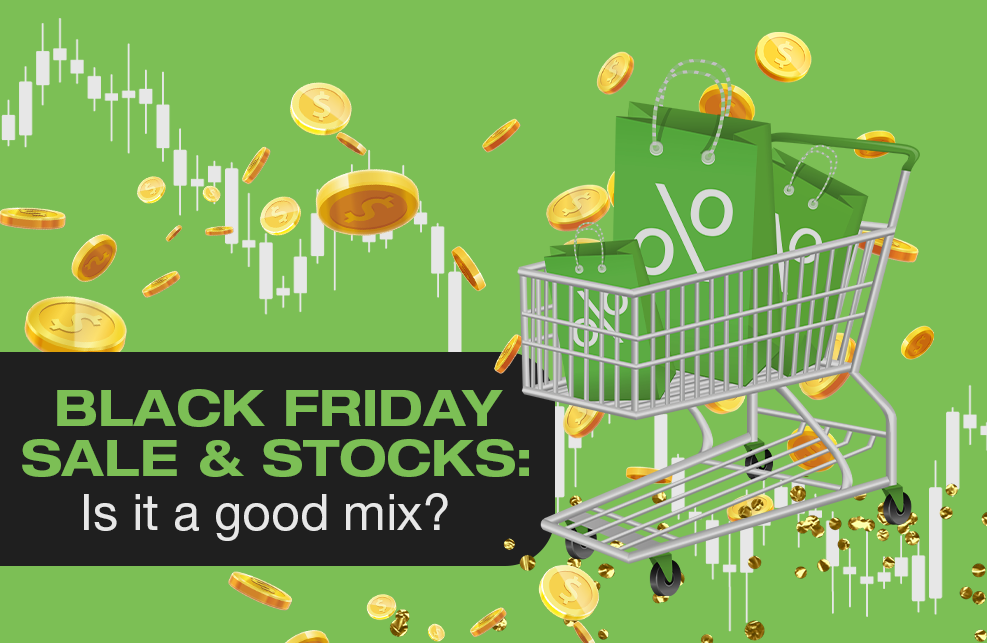Did you know that there’s an annual shopping sale craze that is so crucial, some retail companies may take as much as a year to plan it?
Unless you’re living under a rock, you may have heard about the anticipated Black Friday Sale. In this blog, we’re going to dissect the details of this man-made sales phenomenon and how it can affect the financial markets and trading.
A Weekend of Thanksgiving shopping
Traditionally, Thanksgiving Day is a federal holiday celebrated in most parts of the US every fourth Thursday of November which falls on November 25 for the year 2021. It may be all fun and festive for most but for the retail and food industry, this signals the start of the Thanksgiving weekend or sale season. Amongst the most popular —or maybe dreadful for some retail workers— is the Black Friday Sale!
Black Friday Sale is an annual spending event—falls on Nov 26 this year—filled with huge shopping discounts and unreal deals from known retailers and brands. The purchases on this sought-after season are extremely high where most companies' profit sales take place apparently putting them “in the black” for this year. Hence, connoting the color “Black” in this Post-Turkey Day.
Aside from this, they also have Small Business Saturday. It is an American shopping holiday held on the Saturday after Thanksgiving in the United States during one of the busiest shopping periods of the year. This Saturday is always the last one in November and for this year, it falls on November 27.
Of course, to wrap up the Thanksgiving weekend, we also have Cyber Monday celebrated on every first Monday after Thanksgiving, Nov 29 for 2021. Similar to Black Friday Sale, this is the online version for online retailers and online goods. This notable e-commerce event proved a hit among shoppers as well and is expected to perform better exponentially as shopper shift their shopping platform to online because of the recent pandemic lifestyle adjustments and restrictions.
Retail spending galore and its effects
Entailed to every year’s remarkable profit for retailer-related companies and giants, the spending habits manifested by consumers during this series of weekend sales often provide a clear insight of retail growth for investors and traders alike serving as critical factors and flags on their next trading session. As these may indirectly boost trader confidence for retail markets and investment baskets, these variables may be seen as short-term gains or losses for some and won’t affect the Q4 stock markets as a whole.
Another angle to be taken into consideration is the closure of U.S. stocks markets during Thanksgiving Day and half-day operation only during Black Friday Sale. The presence of an incoming long weekend to traders and investors may contribute to the Weekend Effect. The Weekend Effect is a usual trading pattern where stocks return on Monday are often noticeably lower from the previous Friday. Trading behavior and human’s tendency to have irrational / impulse decisions may also be contributing factors to this theorize effect.
How about you? Do you think that Black Friday Sale and other shopping events/sales can disrupt the trading pattern for some investors?



